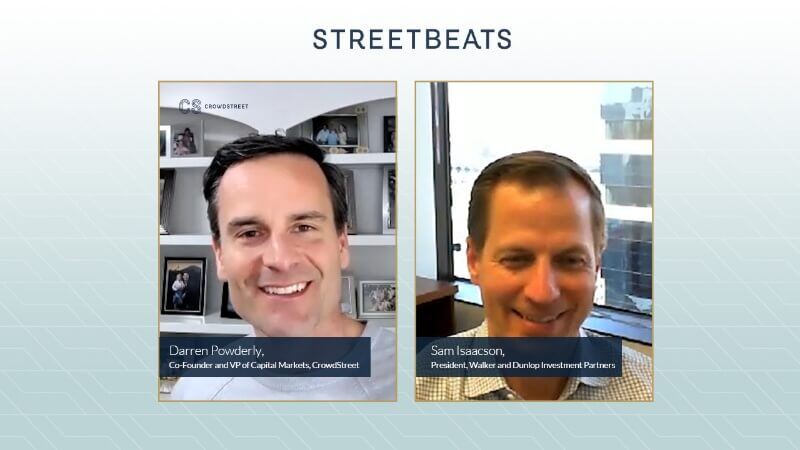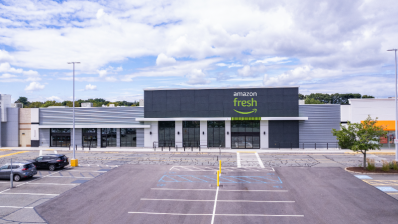
Crowd Street's Darren Powderly is joined by Sam Isaacson, President of Walker and Dunlop Investment Partners to discuss the company's unique position to help investors diversify their portfolios, an overview of the capital stack in commercial real estate, and the risk profiles of real estate investments.
